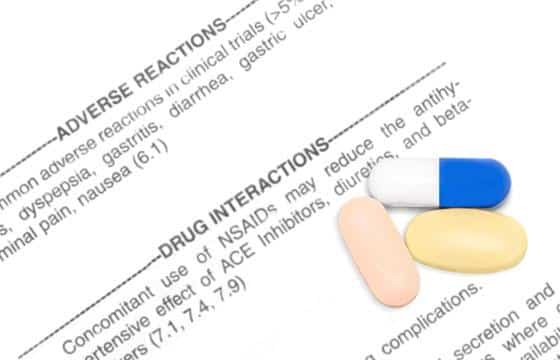Reporting Adverse Reactions to Marketed Health Products

All marketed drugs and health products have benefits and risks. All health products are carefully evaluated before they are licensed in Canada. However, some adverse reactions or problems may become evident only after a product is in use by consumers. Reporting a suspected adverse reaction helps to identify potential safety issues and improve health product
... Read morePost-Drug Identification Number (DIN) Changes

All drugs subject to the Food and Drug Regulations are required to gain premarket authorization prior to issuance of a Drug Identification Number (DIN). After gaining authorization to market a drug, a sponsor may for various reasons wish to make changes to the drug or the information associated with the drug. For those drugs regulated
... Read moreRegulatory requirements for Drug Identification Numbers (DIN Number Canada)

When Health Canada authorizes a drug to be marketed in Canada, a Drug Identification Number (DIN) is issued to the manufacturer and must be printed on the package labels. A DIN indicates that the evaluation of the drug determined that it met the relevant requirements of the Food and Drugs Act and its regulations, and
... Read morePlain Language Labelling Regulations

The label and package are the first points of interaction between a health product and a consumer. Prior to the implementation of the Plain Language Labelling (PLL) initiative, the general practice in Canada was to present key information within blocks of text on the product label. This sometimes made it difficult for the consumer to
... Read moreConsumer Advertising of Health Products

In continuation to the last article on Canadian legislations and requirements regarding the marketing of drugs and medical devices, this article will discuss some of the specific requirements concerning the advertising of health products towards consumers. The overriding principle lies within the Canadian Food and Drugs Act, which prohibits health product advertising which is false,
... Read moreIllegal Marketing of Drugs and Medical Devices in Canada

Health Canada is not only the national regulatory authority for issuing health product marketing authorizations, but it also oversees and enforces the regulatory requirements related to health product advertising. While smart marketing strategies are important for driving sales, it is also crucial to ensure those strategies comply with Canadian legislative and regulatory requirements. The
... Read more